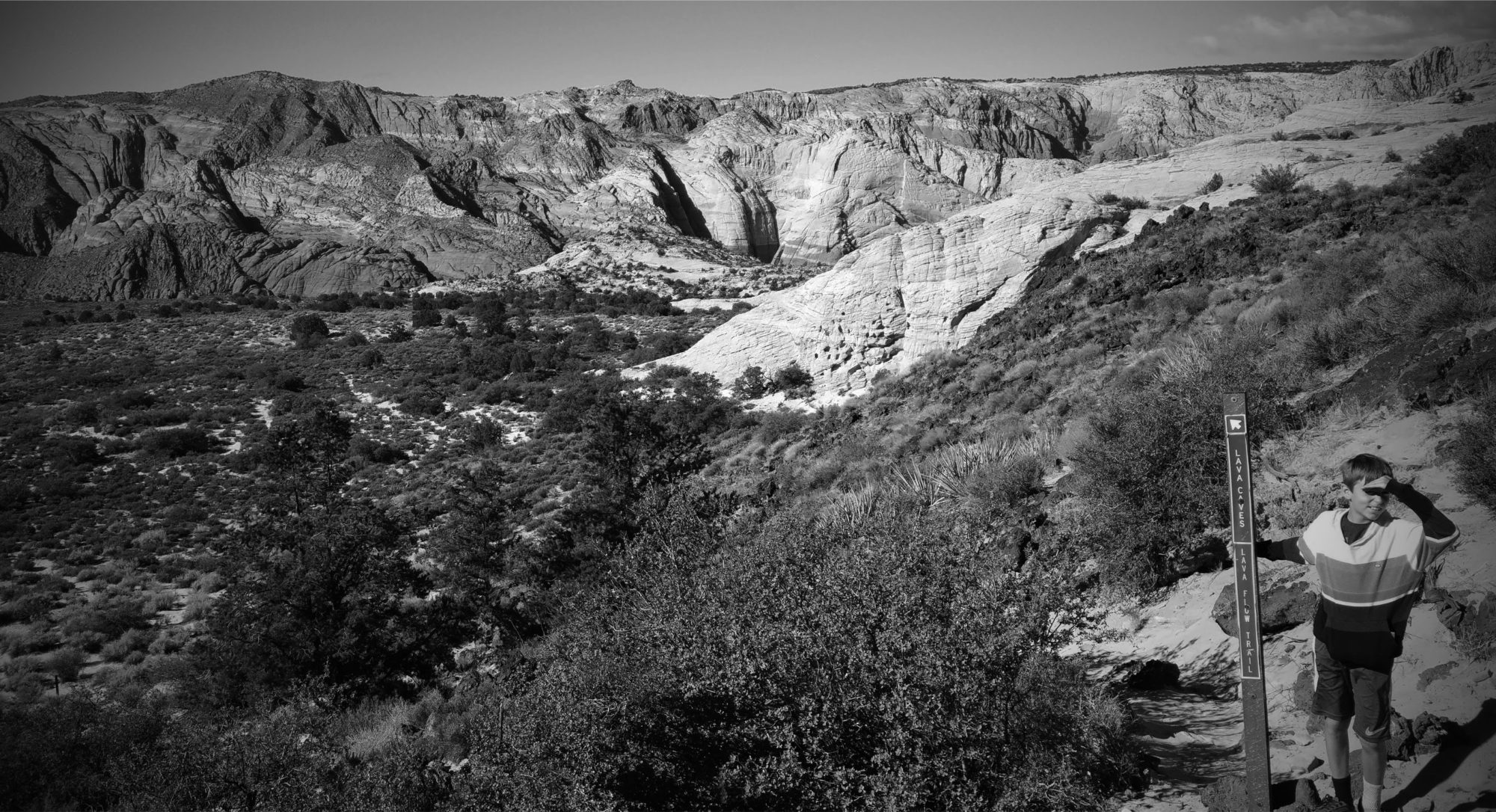 The Utah Supreme Court quipped recently: “‘In the beginning God created the heaven and the earth,’ Genesis 1:1, and families have been fighting over them ever since.” Rawlings v. Rawlings. Family disputes over inheritance and land is like a Ronda Rousey opponent: a bloody mess.
The Utah Supreme Court quipped recently: “‘In the beginning God created the heaven and the earth,’ Genesis 1:1, and families have been fighting over them ever since.” Rawlings v. Rawlings. Family disputes over inheritance and land is like a Ronda Rousey opponent: a bloody mess.
Everyone in a family dispute is convinced they are right, everyone else is wrong, and they are getting defrauded. Inheritance law can be confusing and full of ‘gray’ areas and blind alleys.
The Utah Supreme Court offers us a few nuggets of wisdom in Rawlings.
There were five Rawlings siblings fighting over the family farm. Over the years, Dad Rawlings deeded portions of the farm to the eldest Rawlings, Donald, and to the second eldest, Dwayne. In 1966, Dad got cancer and deeded the remaining farm property to Donald so that Dad could qualify for Medicaid. Over the next twenty-five years, the siblings treated the farm, for the most part, as a jointly-owned asset.
Then, in 1993, Donald sold some of the land. When Dwayne objected, Donald told him to shut his trap and take a flying leap– or words to that effect. Donald declared he could do whatever he wanted with the farm since it was in his name and he owned it. Donald, apparently emboldened by a lack of legal response by his siblings for a number of years, sued his siblings in 1997 to get them to stop pestering him about ownership and quiet title in himself.
Donald took the initiative and lost. He lost at nearly every step in the process: at the trial court, on his first appeal (he prevailed at the Court of Appeals but lost at the Supreme Court), at the trial court again, and on appeal again. Donald’s wife also joined the fray by adding a ‘memo’ to old checks to support Donald’s claim to the farm.
The court told Donald and his siblings that the transfers in 1966 were made in trust and that made Donald a trustee.
If you are ever named a trustee, watch out. Trustees owe fiduciary duties to the beneficiaries of the trust. In this case, Donald owed these ‘strong’ duties to his siblings.
“A fiduciary duty is a legal duty to act solely in another party’s interests.” This meant that Donald, over the years, was obligated to act in the best interests of his siblings– exactly opposite what he in fact did. Ouch!
The court told the Rawlings family that legal title may have been transferred to Donald, but equitable title had not. This meant that all of the siblings owned the property and Donald just held the title for them.
Estate planning is an art form that, if done poorly, looks more like Jackson Pollock than Rembrandt. Dad Rawlings chose to implement his estate planning scheme on his own. I’m sure Dad Rawlings worked hard for his money and wanted to keep his tidy nest-egg intact for his children. Unfortunately, without appropriate guidance, it was an ill-planned scheme, at best. At worst, it was a fraudulent scheme to obtain welfare benefits he was not entitled to and imprudently placed trust in one son to be fair to all his children. Dad Rawlings chose poorly. And, schemes to defraud Medicaid earn a frowny face (and penalties).
Sometimes, you get what you pay for. Dad Rawlings implemented a scheme to save money on his end of life issues. He unwittingly unleashed a dispute among his children that endured from 1997 to 2015 and likely forever. Not what he had in mind (at least I hope not).
Estate planning (and related succession planning) is a bit of complex legal and familial chemistry. It takes careful planning and good legal advice. If you have questions, you should ask them. If you would like more information about estate or succession planning, contact me, Utah attorney Ken Reich. I do not claim to be an estate planning guru but I have fantastic partners who are. I regularly represent companies and the individuals and families that own them. My job is to know and understand my clients and their goals. Together with the right legal experts, I can help you get the result you want.


Great Post! Thanks for this. Can I email you and ask for couple of question? 😀
Absolutely. I would be happy to answer your questions. Please send an email to me at kreich@scmlaw.com
Cheers! k